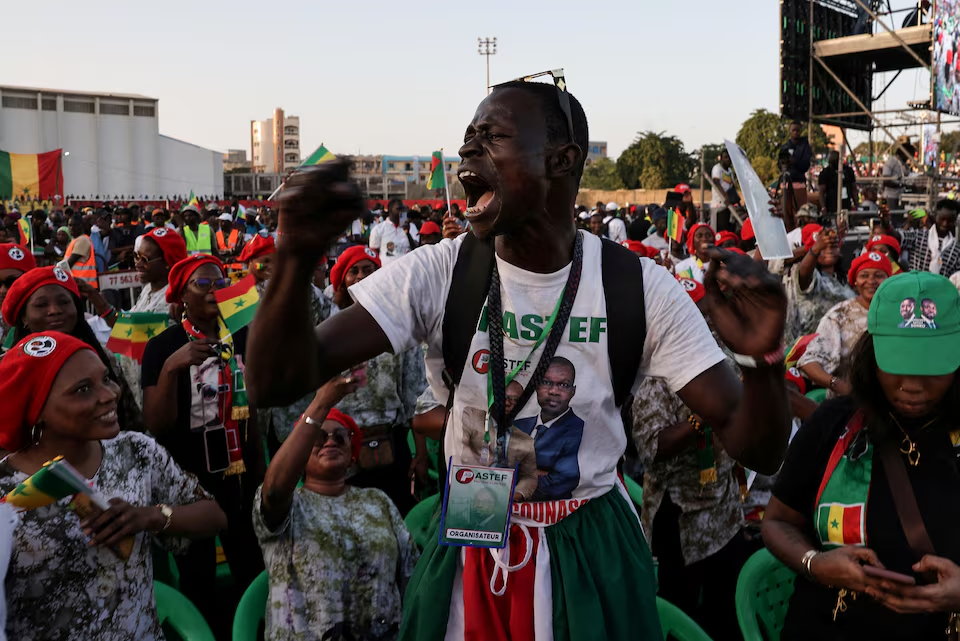Senegal is set to hold legislative elections on Sunday, a pivotal vote that will shape the new president and government’s ability to secure a majority in the National Assembly and advance their reform agenda. These elections come with high stakes, heightening the potential for unrest after a recent period of calm, and following intense clashes leading up to the presidential election in March.
The heated campaign period has coincided with a deepening fiscal crisis that poses a significant challenge for the new government, potentially hindering its pledges to revitalize the economy and create jobs. Prime Minister Ousmane Sonko, known for his outspoken style, claimed this week that his supporters were under attack and called on them to “take revenge,” while cautioning that their restraint should not be mistaken for weakness.
“Let no one think we have changed to the point where anyone can act as they wish,” Sonko stated. “We had the power to act, but we chose restraint.”
For Senegalese voters, priorities remain focused on job creation and economic relief, as inflation continues to impact daily life and a burgeoning youth population seeks employment. On election day, more than seven million registered voters will choose from 41 parties and entities vying for 165 parliamentary seats, with polling stations open from 8 a.m. to 6 p.m. local time.
“We need affordable essentials—water, electricity, and transport—so we can live decently,” expressed Cheikh Diagne, a street vendor in Dakar.
Historically, Senegalese voters have tended to support the president’s party in legislative elections, noted Babacar Ndiaye, research director at the think tank WATHI. “When they elect a president, they usually grant them a legislative majority,” he observed.
Senegal’s looming debt crisis further amplifies the stakes, as the new administration recently revealed a much larger budget deficit than previously reported. As a result, a $1.9 billion IMF program is currently paused pending audit reviews. The ruling Pastef party faces significant opposition, with an unexpected alliance of two opposition parties, including the APR, led by former Prime Minister Macky Sall. Additionally, a coalition led by Dakar’s mayor, Barthelemy Dias, has clashed with Pastef supporters.
Mariam Wane Ly, a former parliamentarian and trailblazing figure for women in Senegalese politics, sees this election as an opportunity for parties to clarify their visions, expressing confidence in Pastef’s potential to secure a majority. “I believe this will help address much of the public discontent,” she said.
Discover more from LN247
Subscribe to get the latest posts sent to your email.


